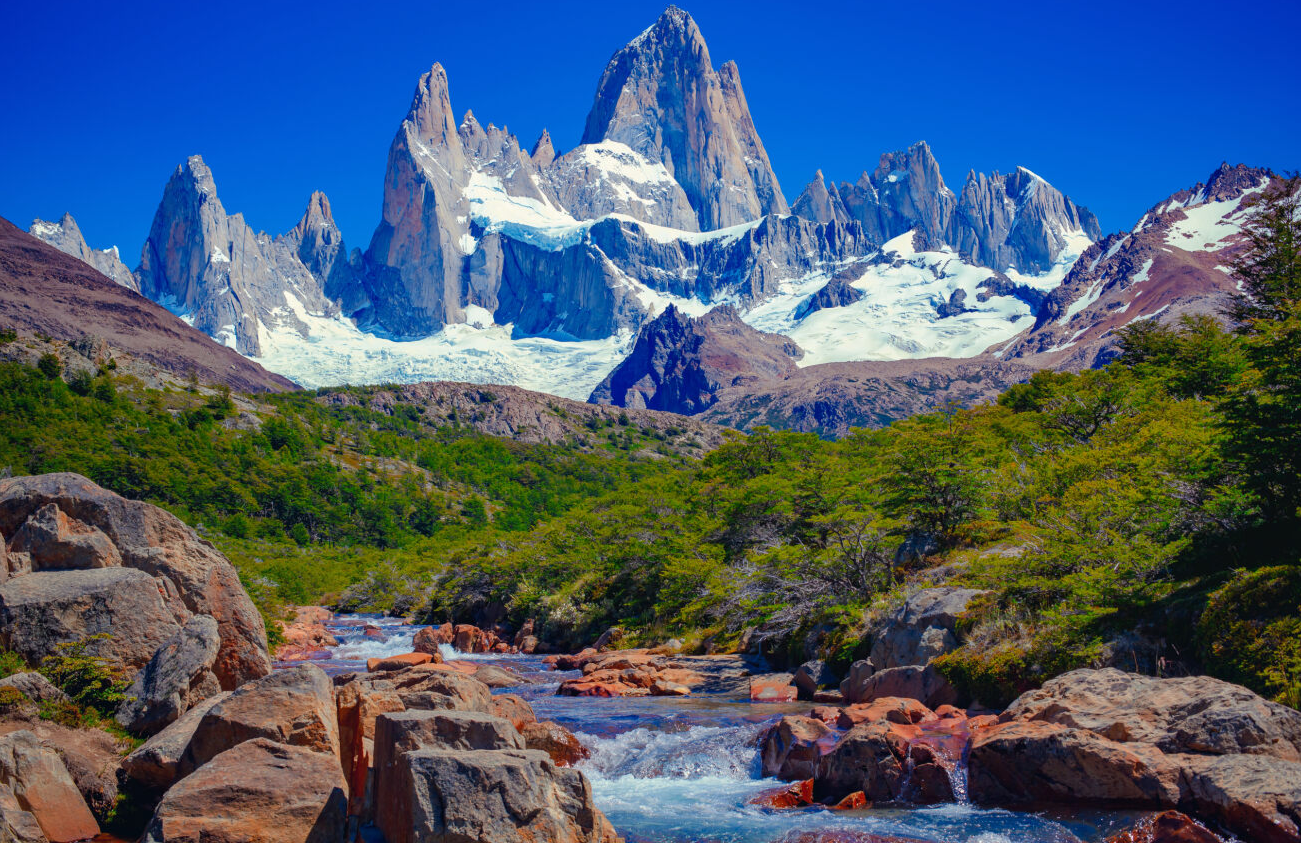Glaciers in the Andes Mountains are melting away, revealing rocks that haven’t seen sunlight in at least 11,700 years.
New research has shown that four glaciers in the Andes in South America – Pan de Azucar Glacier, Queshque Glacier, Zongo Glacier, and Charquini Norte Glacier – are thawing way faster than previously expected as a result of warming temperatures from climate change.
“We have pretty strong evidence that these glaciers are smaller now than they have been any time in the past 11,000 years,” Jeremy Shakun, study co-author and Associate Professor of Earth and Environmental Sciences at Boston College, said in a statement.
The team reached these conclusions by taking samples from the mountains and looking for two rare isotopes, beryllium-10 and carbon-14, that rise in bedrock surfaces when they are exposed to cosmic radiation from outer space.
“By measuring the concentrations of these isotopes in the recently exposed bedrock we can determine how much time in the past the bedrock was exposed, which tells us how often the glaciers were smaller than today – kind of like how a sunburn can tell you how long someone was out in the sun,” Shakun explained.

The Andes are the highest mountain range outside Asia and among the world’s longest mountain ranges.
Image credit: Samuel Ericksen/Shutterstock.com
Andrew Gorin, a former Boston College graduate student who led the study with Shakun, added: “We found essentially no beryllium-10 or radiocarbon-14 in any of the 18 bedrock samples we measured in front of four tropical glaciers. That tells us there was never any significant prior exposure to cosmic radiation since these glaciers formed during the last ice age.”
The researchers even argue that the demise of the Andean glaciers shows an “alarming cross-epoch benchmark.”
The Holocene is the geological epoch on Earth that began around 11,700 years ago with the ending of the Ice Age, aka the Last Glacial Period. As the ice sheets retreated, the climate became warmer and more stable, leading to the development of diverse and productive ecosystems that gave rise to the growth of agriculture and more complex societies.
Now the Andean glaciers have changed from the state they’ve been in throughout the Holocene, the researchers believe it represents a shift towards a new epoch: the Anthropocene.
“Given that modern glacier retreat is mostly due to rising temperatures – as opposed to less snowfall, or changes in cloud cover – our findings suggest the tropics have already warmed outside their Holocene range and into the Anthropocene,” Shakun added.
“This is the first large region of the planet where we have strong evidence that glaciers have crossed this important benchmark – it is a ‘canary in the coalmine’ for glaciers everywhere.”
Not all scientists agree that Earth has entered the new Anthropocene epoch, defined by the profound and lasting impact of human activity on Earth’s geology and ecosystems. Nevertheless, as this study shows, it’s starkly apparent that our planet is undergoing a worrying and rapid period of change.
The study is published in the journal Science.
Source Link: Melting Glaciers In Andes Are Smallest They've Been In At Least 11,700 Years